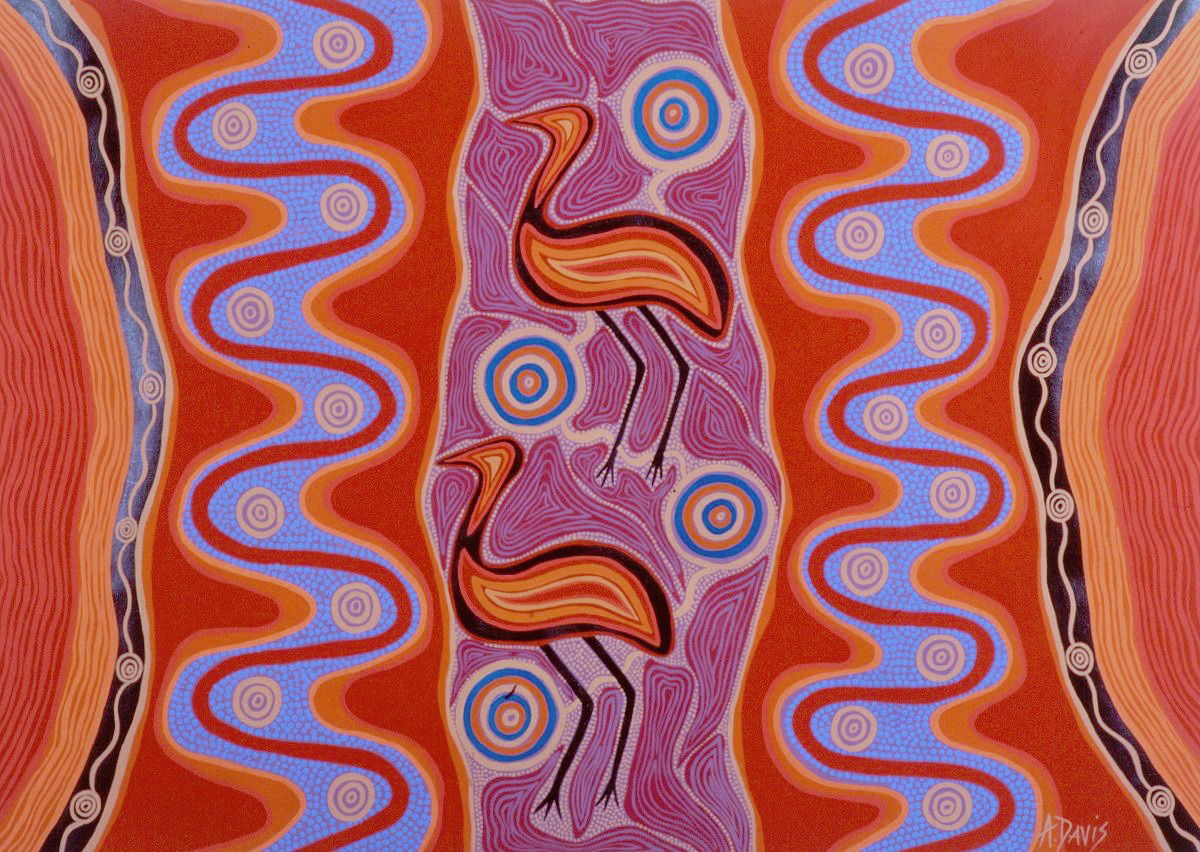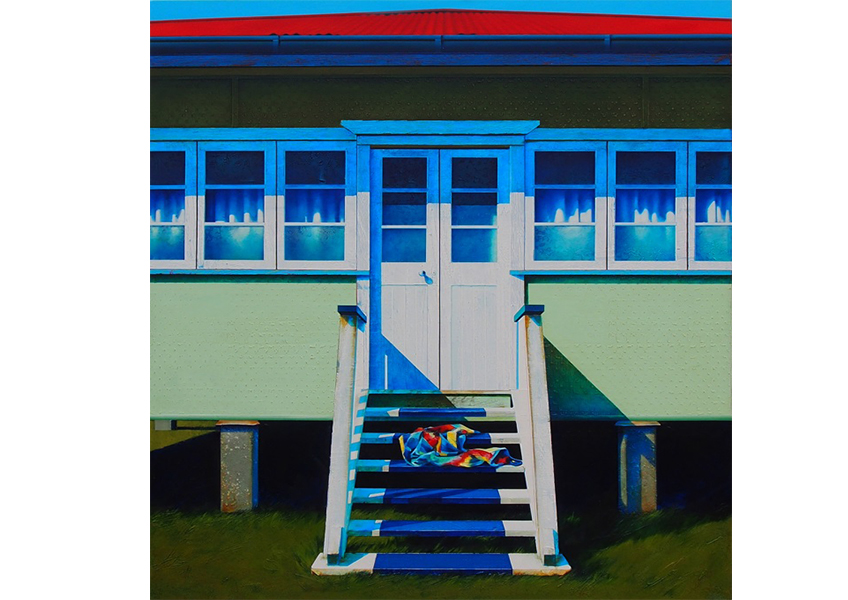Helping arts centre, Artists of Ampilatwatja, navigate their international consignments


The Artists of Ampilatwatja community Art Centre was established in 1999 and is located near Alice Springs. Art Centres are Aboriginal owned and controlled and support the artists in their community in making and distributing authentic Aboriginal art. When an artwork is sold from an Art Centre most of the money goes to the artist. Arts Law has worked with this Art Centre for many years and has provided advice on various legal issues as they arise from time to time. In 2019 Arts Law referred Artists of Ampilatwatja to global law firm, DLA Piper, to assist the Art Centre on a pro bono basis with negotiating an agreement with a UK Gallery, Bay Gallery, for consignment of artworks for sale and copyright licensing of images for merchandise. The Art Centre had a pre-existing relationship with the Gallery and there had been an earlier agreement which had expired. Over time, difficulties had begun to arise in the relationship around payment and permission to copy images on products.
DLA Piper assisted in drafting an agreement for the Art Centre addressing the issues they needed such as quarterly reports on sales, provisions around termination and the need for the artists’ and Art Centre’s approval to produce images on any products. DLA Piper also supported the Art Centre in negotiations with the Art Gallery to finalise the terms and have the agreement signed. Artists of Ampilatwatja were happy with the outcome and consider that it has greatly contributed towards transparency in their dealings with the Gallery and ensuring the Gallery complies with the terms of the agreement.
The Art Centre’s experience serves as an illustration of the importance of having an enforceable agreement where each party understands their position and their rights and obligations. This is especially important when an Art Centre is entering into a new relationship with a new Gallery but it can also be helpful in refreshing the terms of an arrangement between the Art Centre and a Gallery with whom they have been dealing with for some time. Having an agreement which sets out the terms in a clear, comprehensive and concise way can also add to the confidence of both parties that they know where they stand and have a committed relationship between the two. It ensures transparency in their dealings and is a good way for the parties to keep their obligations in mind.
Art centres are increasingly consigning works to overseas Galleries. As this Gallery was based overseas, this added a further dimension in needing to be sure that the Gallery could be trusted as it’s difficult to follow up debts in other countries and you can’t simply drop in to view the Gallery and discuss any questions that arise before they develop into something more problematic.
Arts Law has recently updated its template Consignment Agreement for Art Centres and Galleries. It can be found on the Arts Law website at: https://www.artslaw.com.au/product/consignment-agreement-long-term-art-centre-and-gallery/




